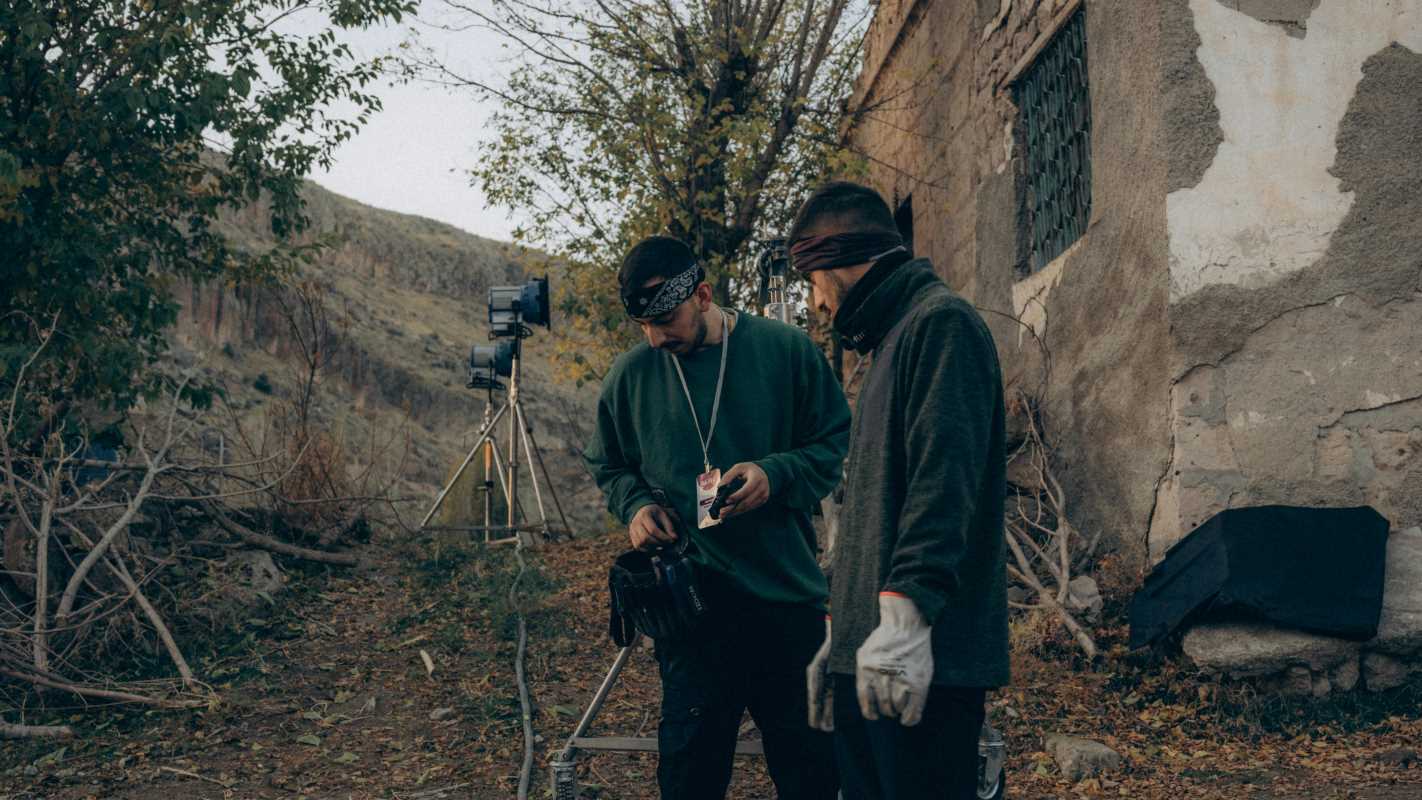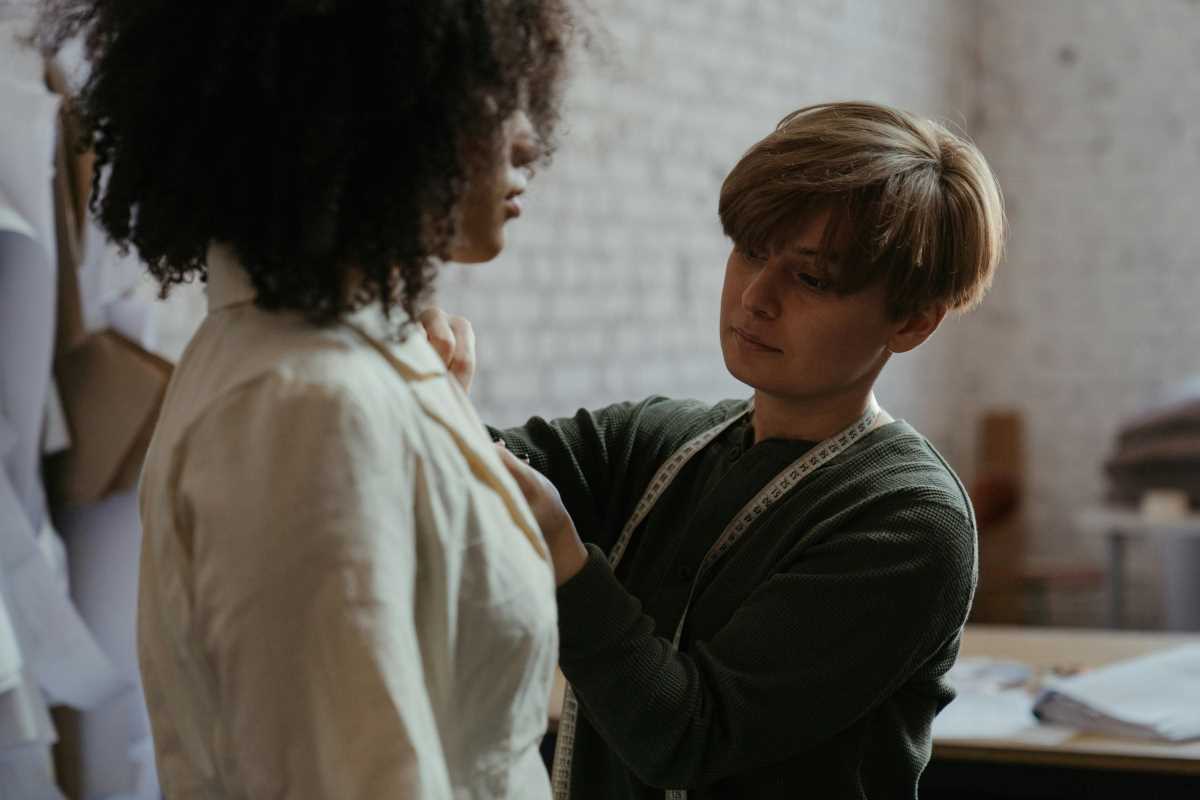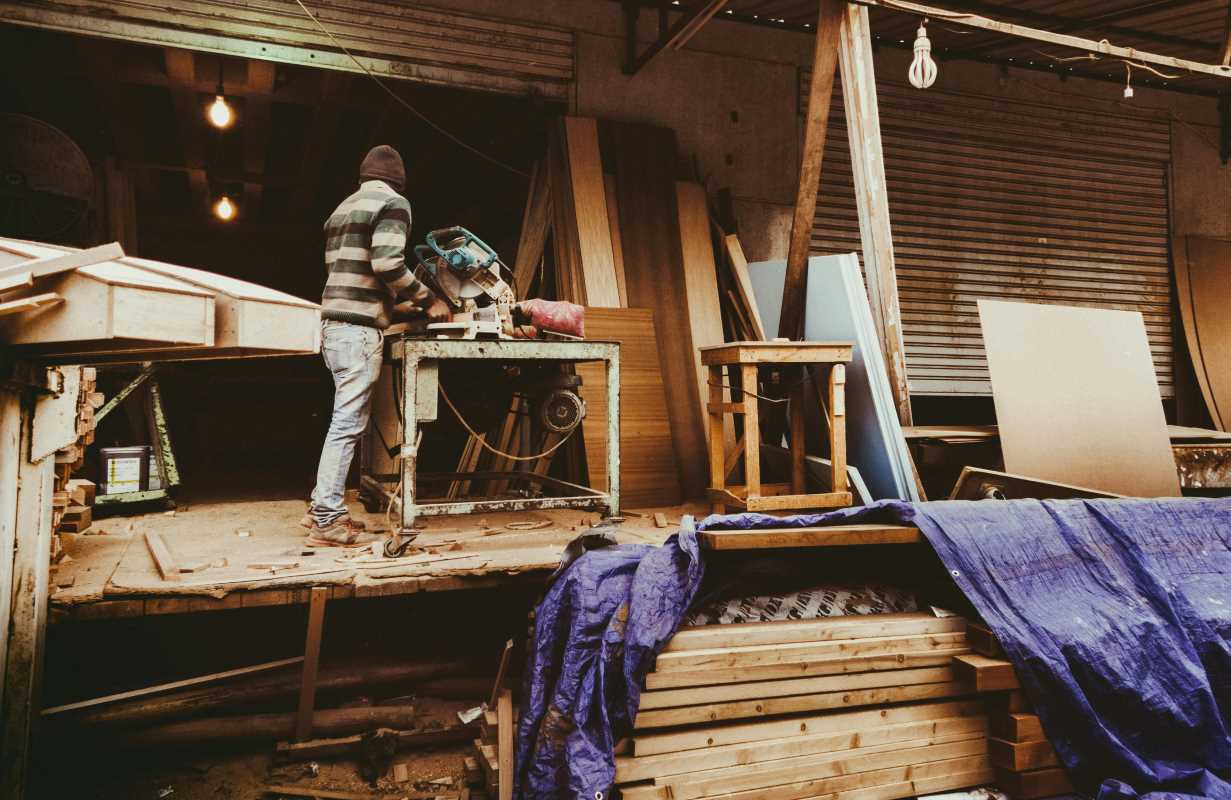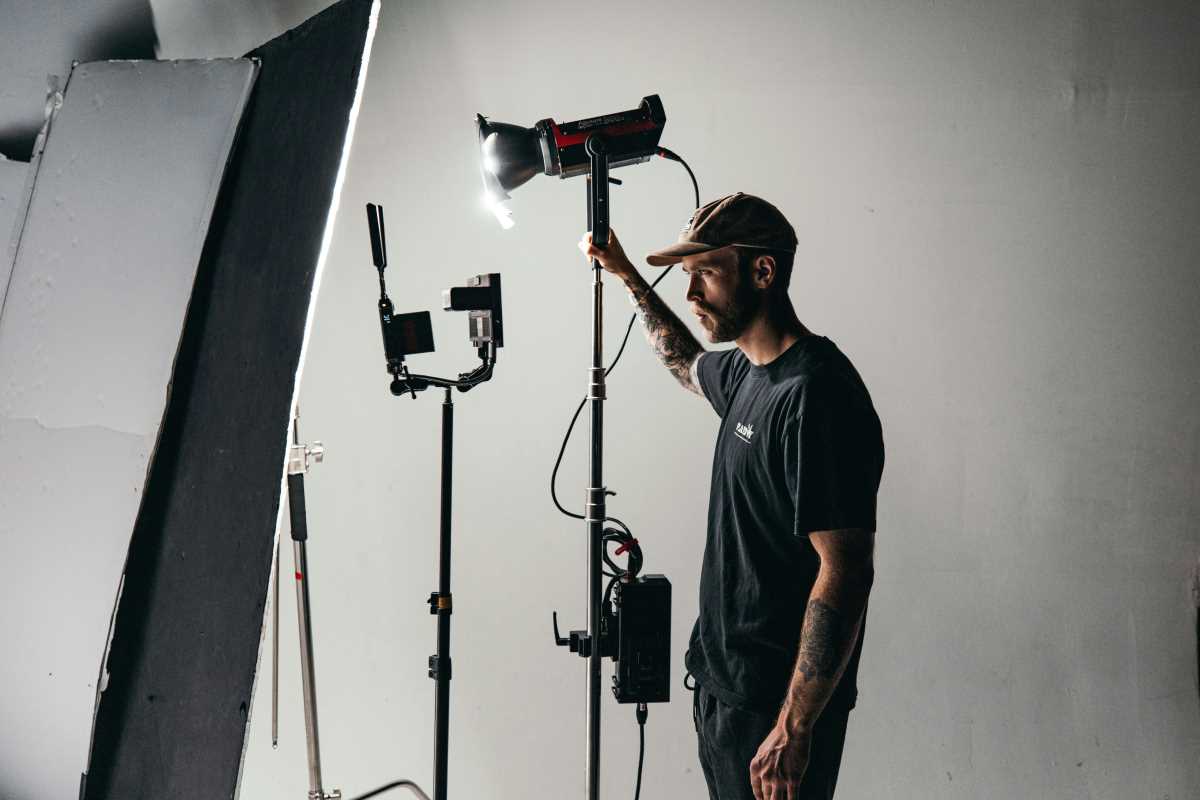Ever wonder who finds the perfect vintage teacup for a period drama? Or who places every single book on the shelves of a wizard's library? That’s the magic of set dressers and prop masters. These are the detail-oriented pros who bring a film or TV show's world to life. It’s a career for creatives who love storytelling through objects.
If you have a killer eye for detail and a passion for film, this could be your calling. Here’s how to break into the world of props and set dressing.
What’s the Job? Set Dresser vs. Prop Master
First, let's break down the roles. They are two sides of the same coin.
A prop master is in charge of anything an actor touches. This is the "hand prop" world. Think swords, wands, phones, or futuristic gadgets. The prop master and their team are responsible for finding, buying, renting, or even creating these props from scratch. They also manage the props on set, making sure they are ready for every take.
A set dresser works under the production designer and art director. Their job is to fill the space. They handle all the items that make a set feel like a real, lived-in place. This includes furniture, curtains, rugs, art, and all the little things that build character. They place every object to tell a story about who lives or works in that space.
Education: Do You Need It?
You don't need a specific degree to get into this field, but a good education can help. Many people in this field have backgrounds in:
- Theater design
- Interior design
- Art history
- Studio art
These programs teach you valuable skills in design principles, color theory, and historical periods. But what matters most are your practical skills and your portfolio. Your ability to find the perfect object or arrange a room is what will get you hired.
Building Your Skills and Portfolio
Your portfolio is your visual resume. It proves you have the eye and the skill for the job.
- Document Everything: Take high-quality photos of any design work you do. If you dress a set for a student film, get great pictures. If you create a cool prop, document it.
- Show Your Process: Include mood boards or sketches. This shows potential employers your thought process and how you interpret a script or character.
- Create Your Own Projects: Don't wait for a job to start building your portfolio. Stage a corner of your own room to tell a story. Create a prop from a movie you love. Show your creativity.
Your skills are your currency. Get good at things like:
- Shopping and Sourcing: You need to know where to find anything and everything. Get familiar with thrift stores, antique shops, and prop rental houses in your area.
- Crafting: Knowing how to paint, age, or repair items is a huge plus. Basic skills in sewing, woodworking, or sculpting can make you a valuable asset.
- Organization: Prop masters manage hundreds of items. You need a system to keep track of everything.
Getting Your Foot in the Door
Experience is king. You need to get on set and start learning.
- Student and Indie Films: This is where everyone starts. Volunteer for the art department on student films or low-budget indie projects. You’ll learn how a set works and make crucial connections.
- Start as a PA: Look for jobs as a production assistant (PA) in the art department. It’s an entry-level gig, but it gets you on set where you can learn from professionals.
- Community Theater: Theater is a fantastic training ground. You’ll learn to be resourceful and work with small budgets.
- Internships: Seek out internships at prop houses or with established designers. You’ll gain incredible insight and build your network.
Networking Is Your Superpower
The film industry runs on connections. Your network will help you find your next job.
- Be a Great Team Player: When you get on a set, work hard and have a good attitude. Your reputation will precede you.
- Connect with Your Department: Get to know the production designer, art director, and everyone in the art department. They are the ones who will hire you for future projects.
- Join Industry Groups: Look for local film and theater groups online. Attend meetups and industry events.
Advancing Your Career
The path forward is all about building on your experience. You might start as an art department PA, then become a set dressing assistant or a props assistant. As you gain more experience and trust, you can move up to lead roles like prop master or lead set dresser.
A career in props and set dressing is perfect for those who are creative, resourceful, and have a passion for storytelling. It's a job where your eye for detail can shape the entire feel of a film. Start building your skills, create a portfolio that pops, and get on set. The worlds you help create are waiting.
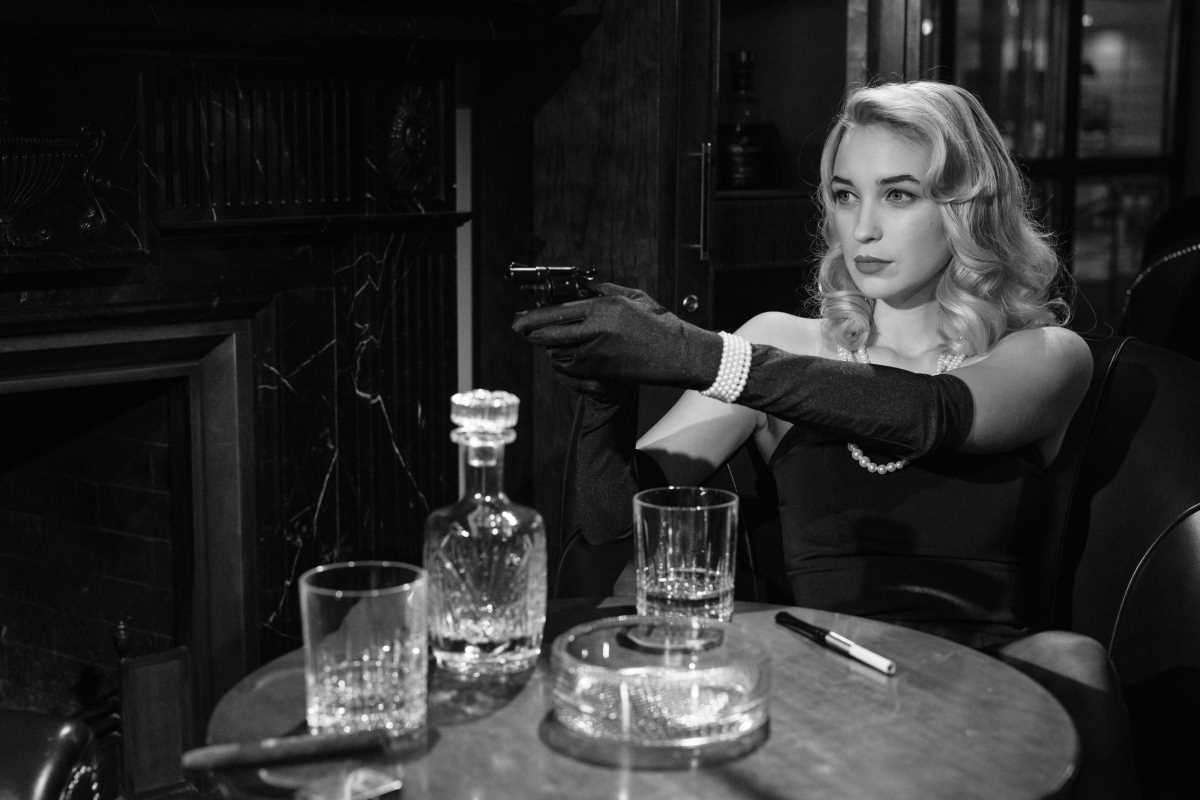 (Image via
(Image via

